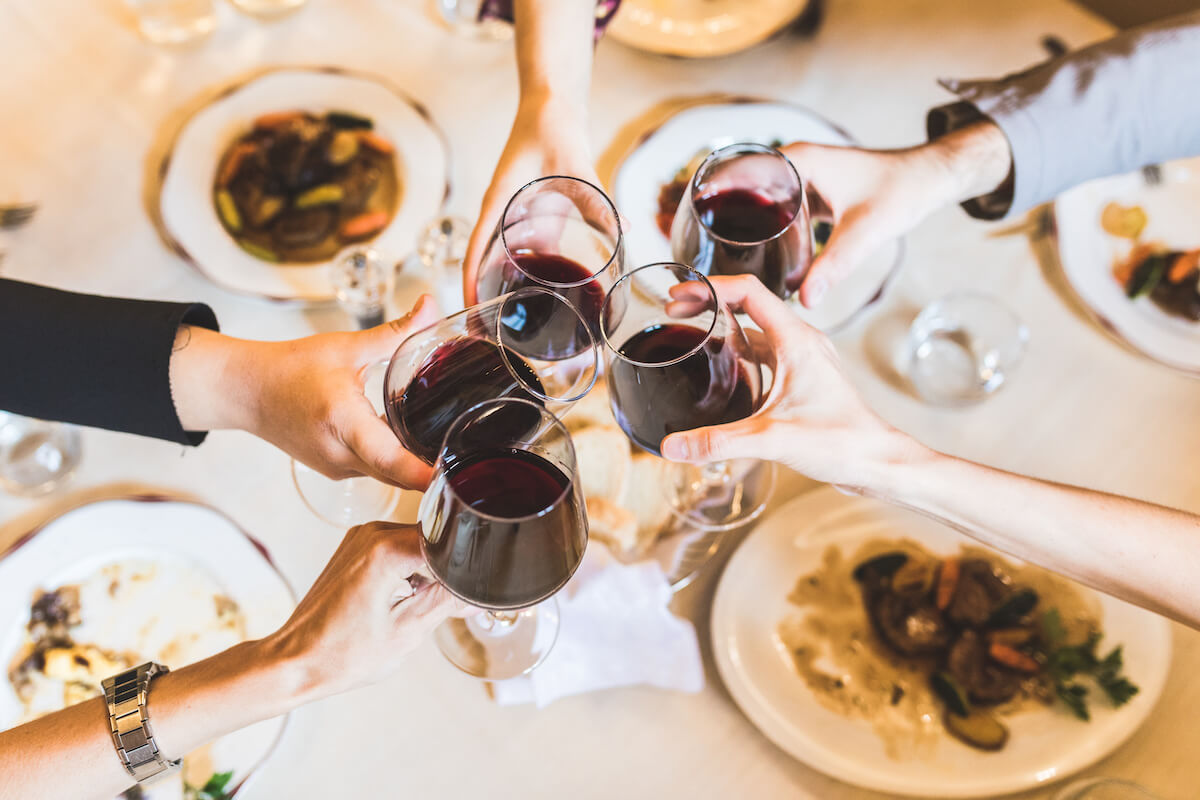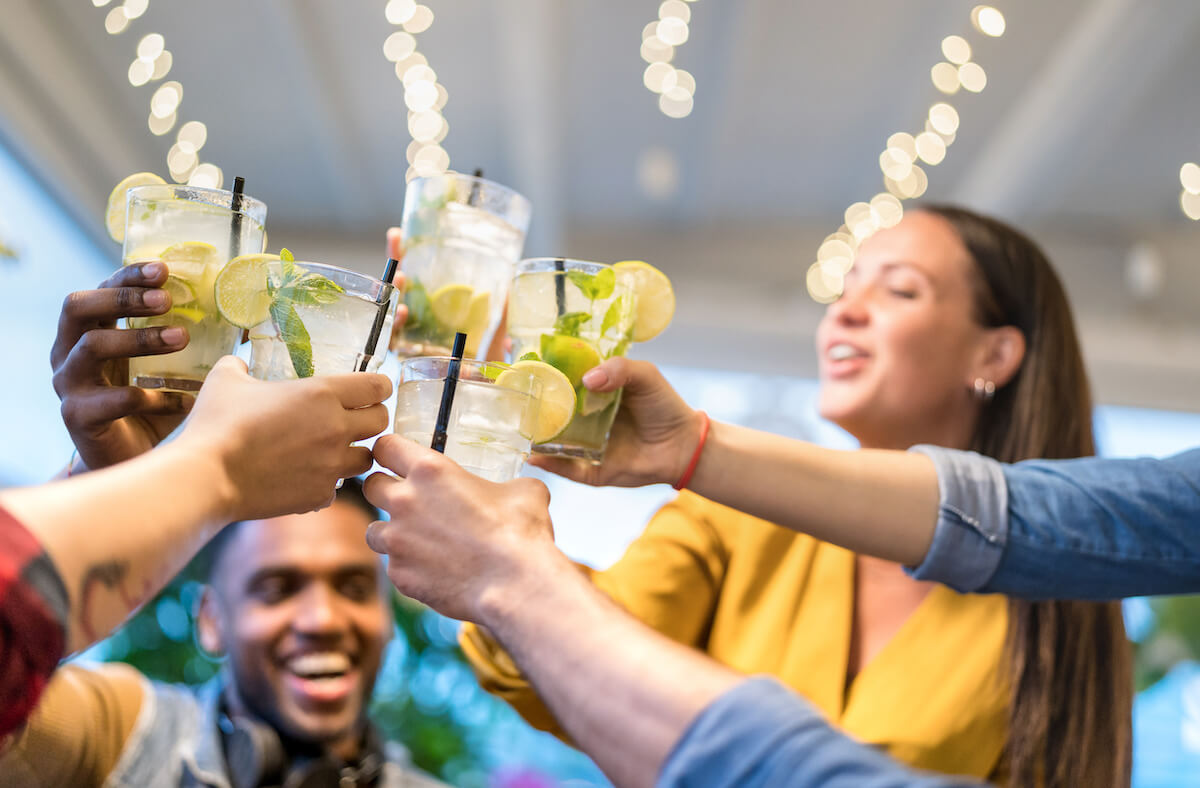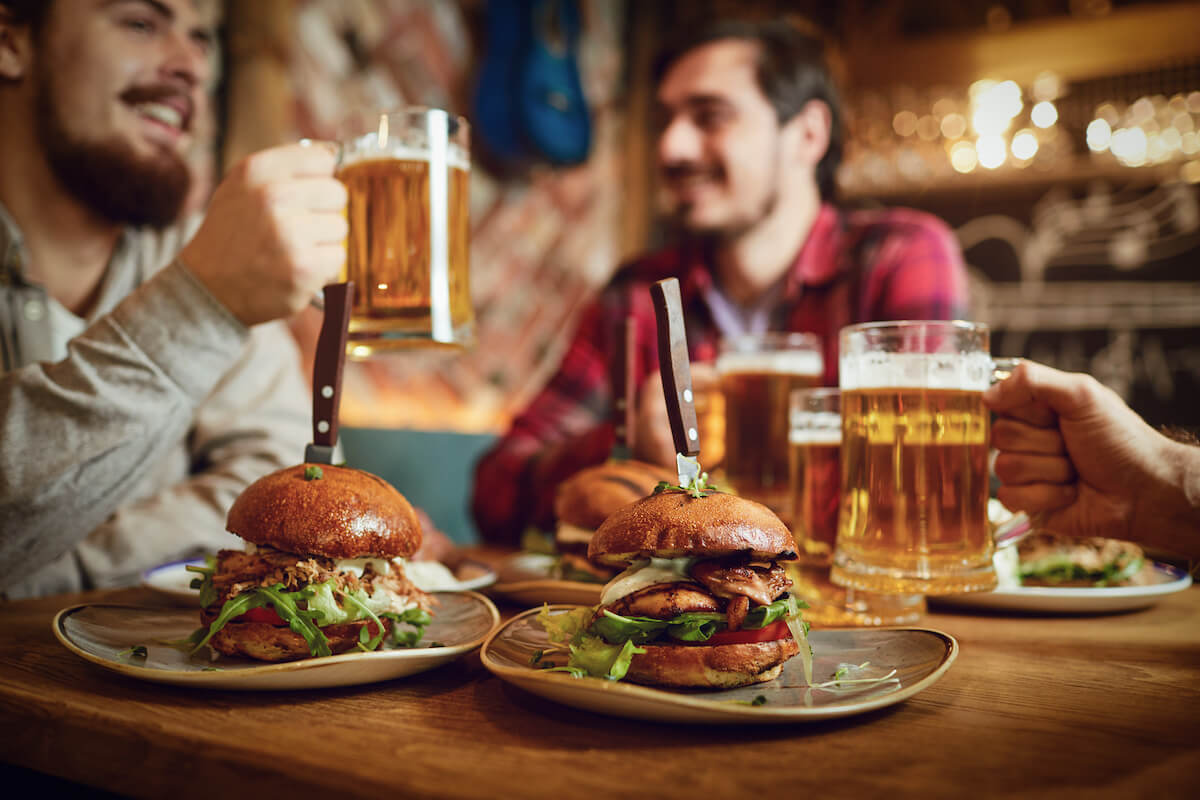How to get a liquor license: Rules, timeline, and cost
Skip the article and turn takeaways into action by scheduling a call with our team.
Whether you’re a big drinker or not, one thing is certain: Many of your patrons will want to enjoy some type of alcohol while they eat their meals. Conversing while eating a meal and sipping away at an ice cold beer is many people’s idea of a good night. As a business owner, it’s quite simply a huge gap in the market to miss out on. Knowing how to get a liquor license is essential for a smooth opening or if you want to change the atmosphere of your joint.
In this article we’ll explain the application process of attaining your ABC liquor license (a license to sell alcoholic beverages issued by your state’s Department of Alcoholic Beverage Control). We’ll explain the differences between state licenses due to state law. We’ll also run through the differences of on-sale and off-sale liquor licenses so that you know what works best for your type of business. Finally, we’ll educate you on other licenses you may want to acquire.
How to get a liquor license

Getting your head around how to get a liquor license can be made a little less painless with some pre-planning and some local knowhow. Bear in mind that license laws differ state to state: Minnesota liquor laws differ from those in New Jersey (more about that in the next section).
First, you must contact your local ABC agency so that you can obtain the required documents. It’s then up to you to complete these forms and submit them. Applications can be long and can change depending on your state.
You may be asked for information such as:
- Plans of your restaurant
- Employer Identification Number
- Certificate of occupancy
- Basic business license
- Your current/future food menu
- Certificate of incorporation
- Zoning permit
- Operating agreement
- Letter of intent to lease or the lease itself
In some states, submitting an application to the state itself is not enough. When figuring out how to get your liquor license, you may also need to apply to your city or county. If you’re keen to get your beverage permit for a new business or you want to start selling hard liquor in an established restaurant, give yourself 30 days at a minimum (some states take a few months). Application review times vary drastically between states and your local municipality could take longer than you would have hoped.
During the application process, you might find out that your area’s liquor license quota has already been met. This means that your area cannot legally host another establishment that sells liquor. There is a way around this though: You can try to buy a liquor license from another restaurant that has recently closed.
Once you have obtained a liquor license either directly from your local government or from a local restaurant closing its doors, it’s still not over. It’s important to make sure that you operate within the confines of your license agreement and that you are prepared to pay an annual renewal fee if you want to keep hold of your license.
Research your state licenses

Working out how to get a liquor license can be difficult. The license application can be made easier or harder depending on the state that you want to start your business in. With license fees ranging from $300 to $14,000, it’s important to do your research before taking the plunge.
For example, a liquor license in California takes an average of 90 days and must be renewed every 12 months. To stay within the liquor laws of California, applications should be made at your local ABC office.
If you’re considering how to get a liquor license in Oregon, you should consider the type of liquor license you want to obtain as their list is fairly comprehensive. Applications tend to take 4-8 weeks.
In Alabama, you must arrange an appointment with the Alabama ABC licensing division office. Ensure that before your appointment you have completed a pre-application form and checklist. The application process takes between 4-8 weeks. All licenses expire on September 30 each year.
Those are just three examples of how wildly different licenses can get between states. As simple as it may sound, the most proactive thing you can do to find out about your local application fee costs and rules is to look it up. Simply type your state’s name + “liquor license” into a search engine to find out the specifics of your local licensing process.
On-premise vs. off-premise

Your liquor license application will vary somewhat depending on where your customers will be drinking the alcohol you sell.
In a nutshell, an on-premises liquor license will allow your patrons to consume alcohol on the condition that it is in your restaurant. Make sure you stipulate on your application form where else you would like to allow patrons to drink, like an outdoor patio or shared courtyard.
An off-premises liquor license is aimed at businesses that want to make money from the sale of alcohol to take home. This is the typical alcohol license obtained by liquor stores, breweries, and wineries.
You likely won’t need an off-premises license unless you want to sell takeout alcohol. This is a good idea for restaurants that have their own microbreweries and would like customers to drink their beers at home, and those who plan to focus on off-premise sales like to-go cocktails and bottles of wine. Always make sure to note the liquor license cost for off-premise sales before taking steps toward take-home alcohol sales.
Other licenses that may suit your business

It’s useful to have an idea of the other types of licenses a restaurant may need to avoid getting into trouble with the police department or getting shut down. If you start providing any other services, see if you need a new license.
Any restaurant has to have a business license and a health/food service license as a minimum to operate legally.
If you want to take your show on the road (there’s a ton of money to be made at music festivals or farmers markets), paying a food truck permit fee could be a wise business move.
Businesses such as nightclubs have to pay for live entertainment licenses and music licenses. You may have recently put on a fun, unique event and realized the financial benefits they can bring. There’s no reason that small businesses such as your restaurant can’t mix it up with some music while your patrons eat.
Getting a license to play exactly what type of tunes you want can be costly but it is possible. You will have to contact the performance rights organization (such as BMI) directly and fill out the appropriate paperwork. An easier option is to sign up for a restaurant background music provider, then you can play large selections of licensed music for a much smaller fee, albeit with a bit less freedom of choice.
Learning how to get a liquor license may be easier than you thought

It’s no great secret that knowing how to get a liquor license can be hugely lucrative for your restaurant.
Remember to look up your local ABC department to find the local and state laws for your area. Consider whether your license also needs to cover off-premise sales and if you need other types of licenses to run your place legally.
When making big changes, it helps to have top-notch technology to support your business. Take charge of your front-of-house management with Yelp Guest Manager. This software supports your team by handling reservations and waitlists, allowing customers to check themselves in, and so much more. Restaurants that use Guest Manager paired with Yelp Ads experience 87% more traffic on their Yelp Business Page.
Get a demo to improve your front-of-house management today.